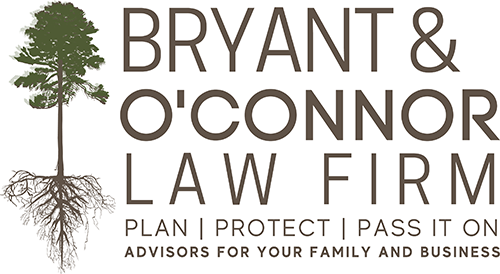Introduction:
In this fifth installment of our series on manipulation techniques, we focus on ‘guilt-tripping,’ a prevalent yet often overlooked tactic. Guilt-tripping involves manipulating someone into doing something by making them feel guilty or indebted. Whether it’s in a personal relationship or a professional or transactional setting, understanding this tactic can safe you some grief.
Understanding Guilt-Tripping:
Guilt-tripping is a form of emotional manipulation where an individual instills feelings of guilt or obligation in others to influence their actions or decisions. The person being manipulated often feels pressured to comply due to a sense of duty, obligation, or guilt. For example, imagine someone you know frequently asks for favors. One day, when you’re unable to assist due to your own commitments, the associate might say something like, “After all I’ve done for you, you can’t even do this one thing for me?” This statement is designed to make you feel guilty about your inability to help, potentially swaying you to change your plans despite your commitments.
Recognizing Guilt-Tripping:
Identifying guilt-tripping can be tricky due to its emotional nature and subtlety. Here are some signs:
- Undue Responsibility: If you consistently feel obliged to fulfill someone else’s needs or desires at the expense of your own, you may be experiencing guilt-tripping.
- Emotional Pressure: Emotions are powerful motivators. If guilt or obligation is being used to sway your decisions, it might be a guilt-tripping tactic.
- Repeated Reminders of Past Favors: If past favors are frequently brought up as a way to pressure you into compliance, it’s a common sign of guilt-tripping.
Responding to Guilt-Tripping:
Once you’ve recognized this tactic, here are some strategies to manage it:
- Set Clear Boundaries: Establish your limits and ensure they are respected, regardless of the guilt or obligation you may feel.
- Objective Decision Making: Make decisions based on their merits, not emotional pressure. Take the time to consider your options without guilt influencing your judgment. It’s like the guilt-tripper is exaggerating the level of favors that they’ve provided to you, and if they really cared about you, they wouldn’t be keeping score like that.
- Professional Assistance: In complex situations, particularly legal ones where you are being pressured to do something with important consequences, professional advice can provide objective guidance and help you avoid being influenced by guilt.
Legal Context Example:
Consider a scenario in estate planning where a family member consistently reminds you of their support in the past and uses this to pressure you into leaving them a larger portion of your estate. If you genuinely feel obligated to make a bigger gift to someone who provided significant help, that’s fine, but someone who pressures you to make a bigger gift to them is probably a grifter. A grifter is an opportunist, often using one of the manipulation techniques, who takes advantage of situations for unearned gain. In such a case, an estate planning attorney can provide impartial advice and help you make decisions based on your wishes and legal considerations, rather than guilt.
Conclusion:
Guilt-tripping is a potent manipulation technique that can sway your decisions and impact your interactions significantly. By understanding this tactic and knowing how to respond, you can make decisions that align with your best interests and maintain balanced, respectful relationships and transactions. If someone repeatedly employs guilt-tripping on you, manage your relationship with that person carefully. Distance yourself and/or get professional advice on how to deal with it. Stay tuned for the next part of this series, where we continue to explore and demystify common manipulation techniques.

